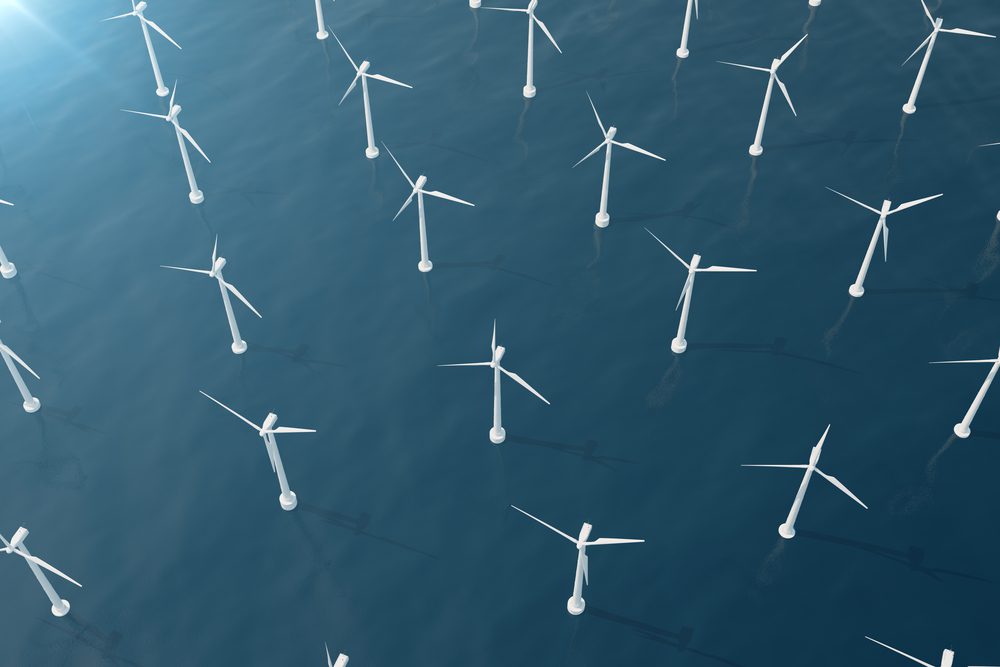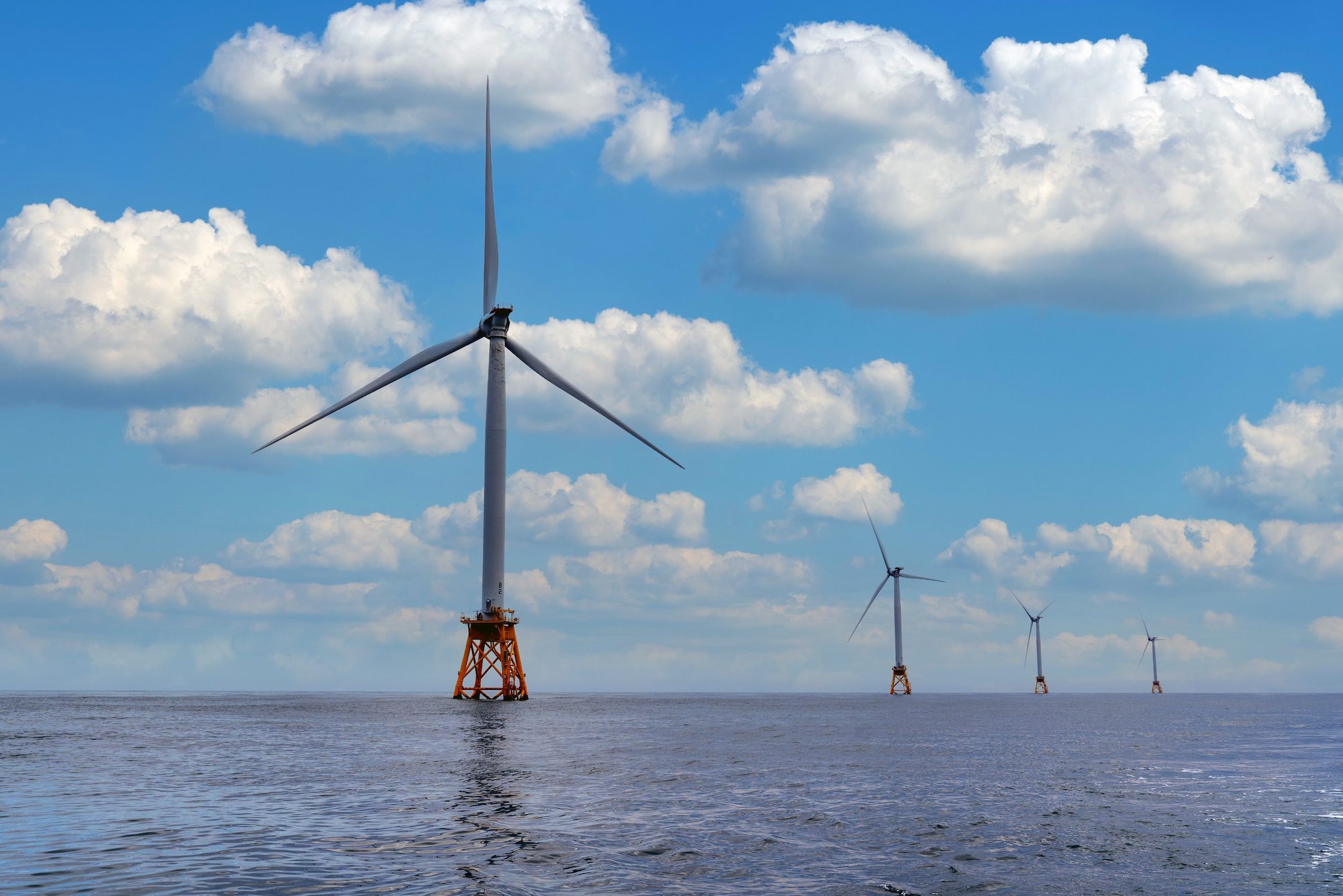By William Mathis (Bloomberg) —
The UK’s oil and gas industry warned that an increase in the windfall tax announced on Thursday threatens investment in the sector.
Changes to the tax code make it difficult for companies to plan spending on new infrastructure that could last for decades, the industry lobby group said. Oil and gas production is in long-term decline in the North Sea even as the UK continues to rely on the fossil fuels for much of its heat, power and transportation.
“Unlike politicians, energy companies think and invest in terms of decades — not election cycles,” Deirdre Michie, chief executive officer of Offshore Energies UK, said in a statement. “That approach means we have built a stable, strong and prosperous industry which has supported the nation for 50 years. We’re now planning for the next 50 years, and we want to work with our politicians to do the same.”
British Chancellor of the Exchequer Jeremy Hunt increased a windfall tax on the industry to 35%, up from 25% previously, and extended it to 2028. The measure will raise over £19 billion ($22 billion) from the oil and gas sector by 2028, bringing the total tax burden to £80 billion in that period, OEUK said.
The original windfall tax was put in place in May, but not all producers have been paying it so far because of an investment allowance that lets companies reduce their burden by spending on new production. Shell Plc hasn’t paid the tax this year, even as it makes record profits, because it’s funding new developments in the North Sea. CEO Ben van Beurden said earlier this year that companies like his would have to pay more to help society cope with the energy crisis.
“We recognize the burden that increased prices have across society, in particular on vulnerable consumers and communities,” a Shell spokesperson said in a statement. “To deliver the very significant investment needed, which for Shell UK will be up to £25 billion in the next 10 years, the energy sector needs to have confidence that there will now be a stable investment climate following a period of considerable uncertainty.”
Since the Energy Profits Levy was introduced in May, smaller North Sea producers have said they face an unfair tax burden compared with global giants like Shell. Once such company, Harbour Energy Plc, said it was “deeply disappointed” by the latest changes.
“The EPL, as currently designed, disproportionately impacts independent UK oil and gas companies and does not target genuine windfall profits,” a Harbour spokesperson said in a statement. “We will seek to engage with Ministers and officials as a matter of priority.”
Climate campaigners criticized the windfall tax for including the investment allowance, which allows some companies to avoid paying.
“Despite millions more people facing the prospect of not being able to heat their homes, the Chancellor has chosen to continue to give enormous handouts to oil and gas giants making billions in profit,” said Tessa Khan, executive director of advocacy group Uplift. “New UK gas fields will not lower bills, but will only keep us locked into an expensive energy source far longer than necessary.”
© 2022 Bloomberg L.P.
Tags:

 Join The Club
Join The Club











